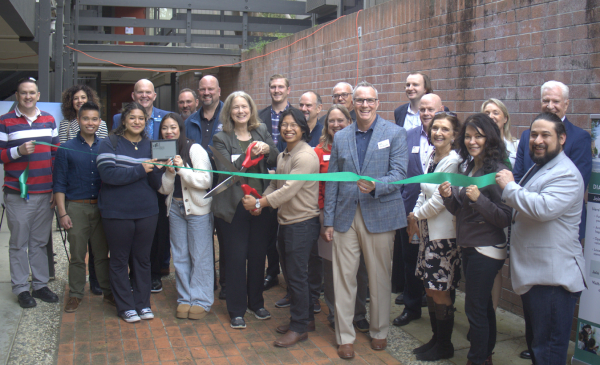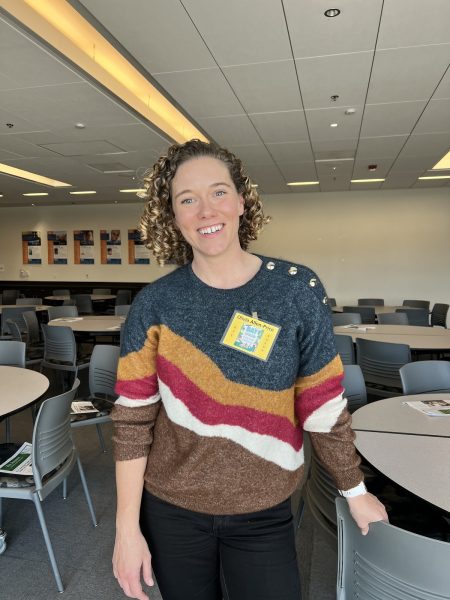Online Instruction Presents New Learning Curve for DVC Faculty
April 24, 2020
It’s been six weeks since classes at Diablo Valley College switched to remote instruction in response to the Coronavirus pandemic. The adjustment to the new learning model has challenged not only students but also professors, who were forced to quickly transition their classes online.
“I teach our partly online astronomy lecture course and have also taken formal training on how to effectively teach online,” said Jean Chiar, a faculty member in the physical science department. “However, it takes months to put together an online course and we had mere days to convert all our classes to an online format.”
Instructors have attempted to navigate the difficulties of online teaching by holding their regular class periods and office hours virtually via Zoom, posting recorded lectures, making daily announcements, setting up discussion boards through Canvas, and generally staying connected with their students as best they can.
Like Professor Chiar, many teachers found themselves pressed for time following the college’s Sunday, March 15 announcement that it was suspending all face-to-face classes with remote instruction scheduled to begin the following Wednesday.
“I do wish we had more than a few days to prepare,” said Chiar.
The transition was even more straining on professors who have had no experience conducting an online course before the pandemic.
“I am teaching three different courses this semester and I was told they all needed to go ‘online’ by next week,” said DVC astrology professor Paul Sasse, who in his 29 years on the job had never taught an online class. Sasse said he has had to depend on the assistance of colleagues with more training in online instruction, and has also gained helpful tips from online resources.
“I am fortunate to have colleagues that routinely teach online and I did a lot of research and reading online for the best practices from other online professors,” Sasse said.
DVC’s Distance Education team held online workshops the weekend before and the week of the campus’s closure to assist professors like Sasse who had little or no online instruction experience.
With remote instruction now fully in place, the concern among college instructors is the inevitable strain their students are feeling as they struggle to get the best out of the new digital format.
Chiar, who also teaches a laboratory class this semester, has struggled to ensure her students remain engaged in a course where in-class presence is essential.
“The fact that the hands-on aspect of the lab is eliminated is a big deal. While there are great simulations online, they do not replace a true hands-on immersive experience. Since discussions between students and instructors are very limited in an online format, the online lab activities don’t promote as much of that very valuable discussion and act of investigation that is so important in a lab course,” she said.
In this unprecedented time, professors say they want to conduct classes as efficiently as before, but are aware that many of their students may not have access to a consistent and reliable internet source.
“It’s difficult to adapt a face-to-face class online, because I can’t assume my students have the resources, materials, and tools they would need to succeed,” said journalism professor Padmini Parthasarthy. “I’ve worked hard to adjust my expectations because this is a burden that many students are facing along with many other straining circumstances.”
DVC recently announced that remote instruction will continue through the spring semester as well as during summer.
“I’m not thrilled about it, but of course, the physical safety for students, faculty, staff, and on-campus workers are the highest priority,” said Parthasarthy.
Professors say by now they have gotten used to the online format and are confident in their abilities to manage their courses efficiently – even if they would rather return to class as usual.
“I will conduct class sufficiently, but they won’t be as fun and interactive as my regular classes,” said Chiar.
“In the end, the student needs to be highly motivated and self-disciplined to navigate their way through remote education. That’s a tough ask for students who never signed up for such a class in the first place,” added Sasse.

















































































Student • Apr 29, 2022 at 3:29 pm
Fire Paul Sasse, he took out his anger about online classes on his students setting them up for failure.